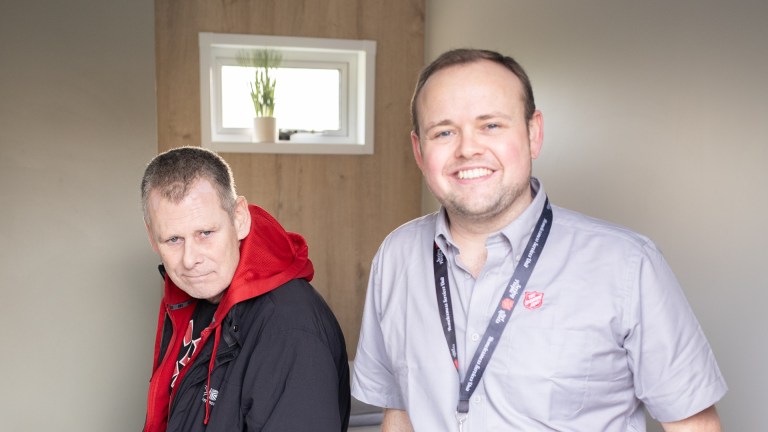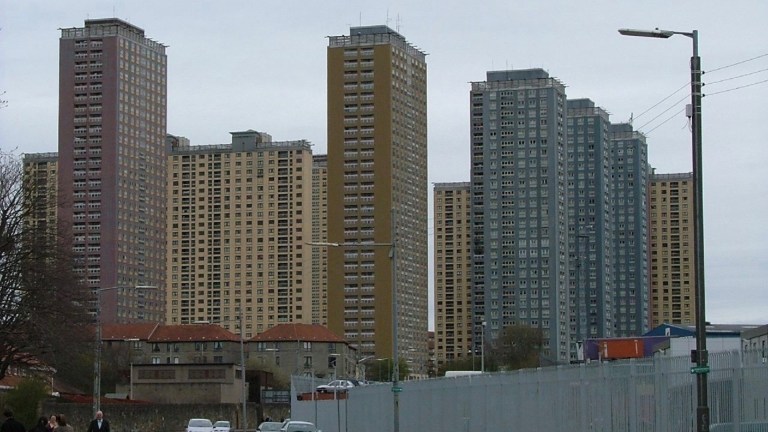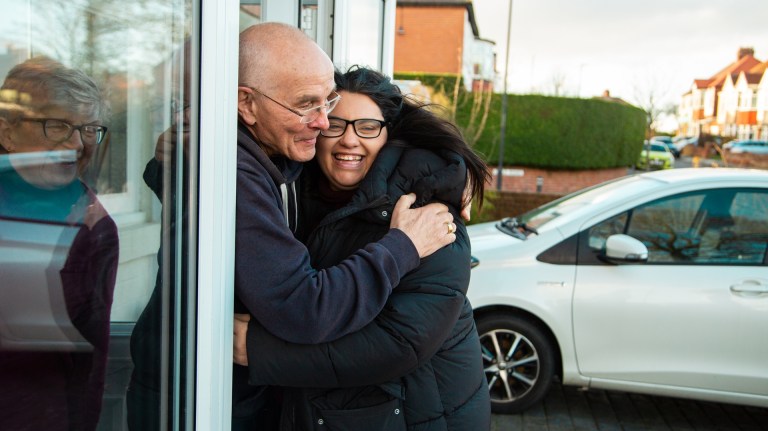As a result, Leicester had very few known and confirmed cases of Covid-19 amongst its homeless population.
However, urgent challenges remain in supporting homeless people during and beyond the crisis. The city is still getting an average of 13 new homeless referrals each week — echoing a recent warning from the District Councils’ Network that predicted up to half a million additional people could be pushed into poverty due to coronavirus.
In a bid to take pre-emptive action, Leicester’s Homelessness Charter has created a work stream looking at how the current emergency could create a whole new cohort of homeless people, due to financial fragility, job losses and evictions.
A similar story has emerged from other cities.
In Brighton and Hove, approximately 220 people who were formerly rough sleeping have been accommodated in hotels, as well as being given access to health support, daily welfare and symptom checking and food deliveries.
A phone-based substance misuse service also saw a ‘significant number’ taking the opportunity to address their substance use, moving on to substitute prescribing.
But local authorities are still worries about the ongoing costs of housing rough sleepers once the existing government grants have been used, as well as the lack of good-quality permanent housing options with adequate support.
Meanwhile in Croydon, the crisis saw a 500% increase of homeless people referred to the outreach team in the early weeks of lockdown. Despite this, rough sleepers were provided with safe accommodation, in line with the government’s ‘Everyone In’ response.
Croydon-based initiative CR Zero 2020 also highlighted a significant increase in support being sought by migrant rough sleepers. The organisation said many had avoided seeking help prior to Covid-19 due to the government’s immigration policies breeding a “hostile environment”.
A key challenge going forward will be ensuring that the support introduced under ‘Everyone In’ is maintained for migrant rough sleepers with eligibility to public funds, they said. They added that as there has been no immigration policy change immigration policies, local authorities are restricted in the accommodation offers they can make.
The cities featured in the report are members of independent charity World Habitat’s European End Street Homelessness Campaign, which works with local communities to end street homelessness in their local areas.
Celeste Sangster, World Habitat’s Homelessness Programme Officer, praised the “extraordinary efforts” of local communities’ response to the crisis in a blog post.
She wrote: “Even in these most difficult of times we are seeing inspiring action, communities mobilising and a strong commitment to supporting each other between different agencies, organisations, professionals and volunteers.
“In some cases, the response demonstrated a political will to get almost everybody safe inside within a matter of days – something that was previously deemed impossible.”
Since the report’s release, the Government has pledged to invest £105m to prevent rough sleepers returning to the streets.
The money will be used to cover deposits for accommodation and securing alternative rooms already available and ready for use, with the Government targeting student accommodation which is left empty over the summer months as one alternative to hotels.









